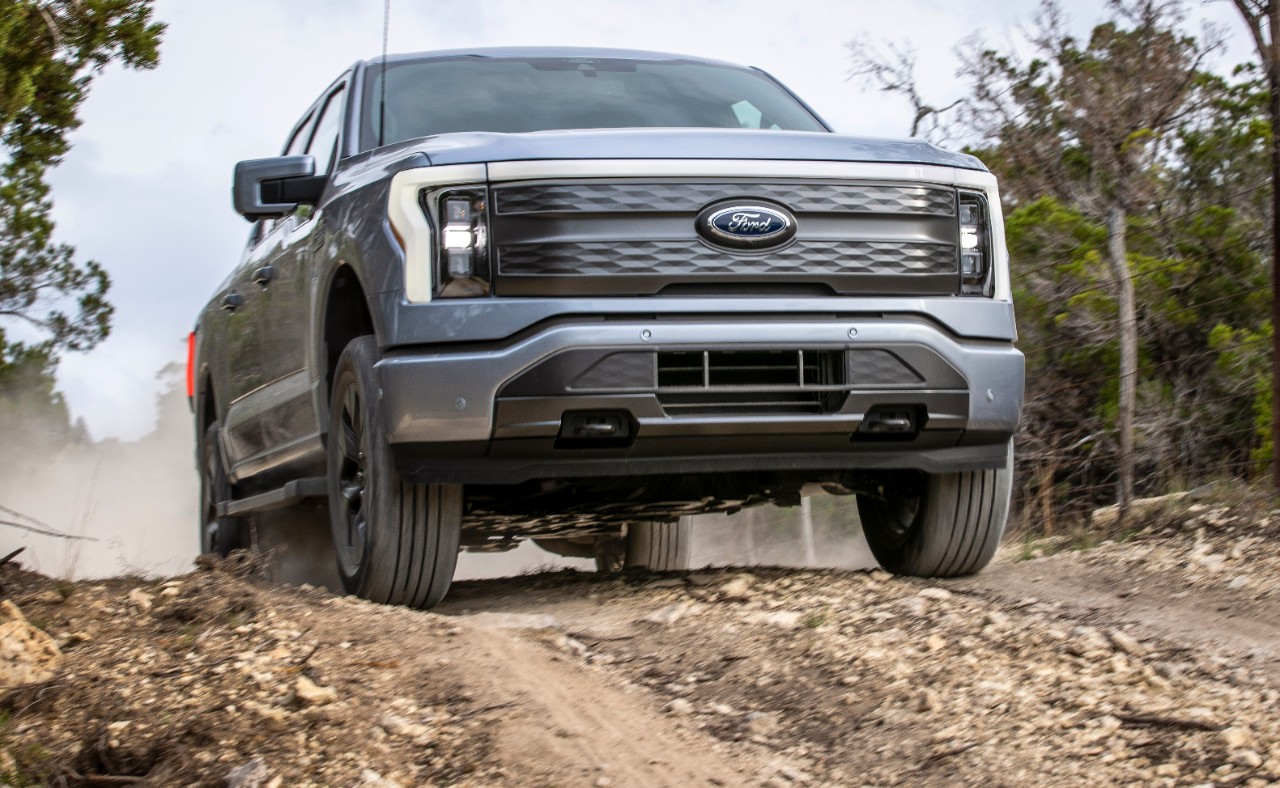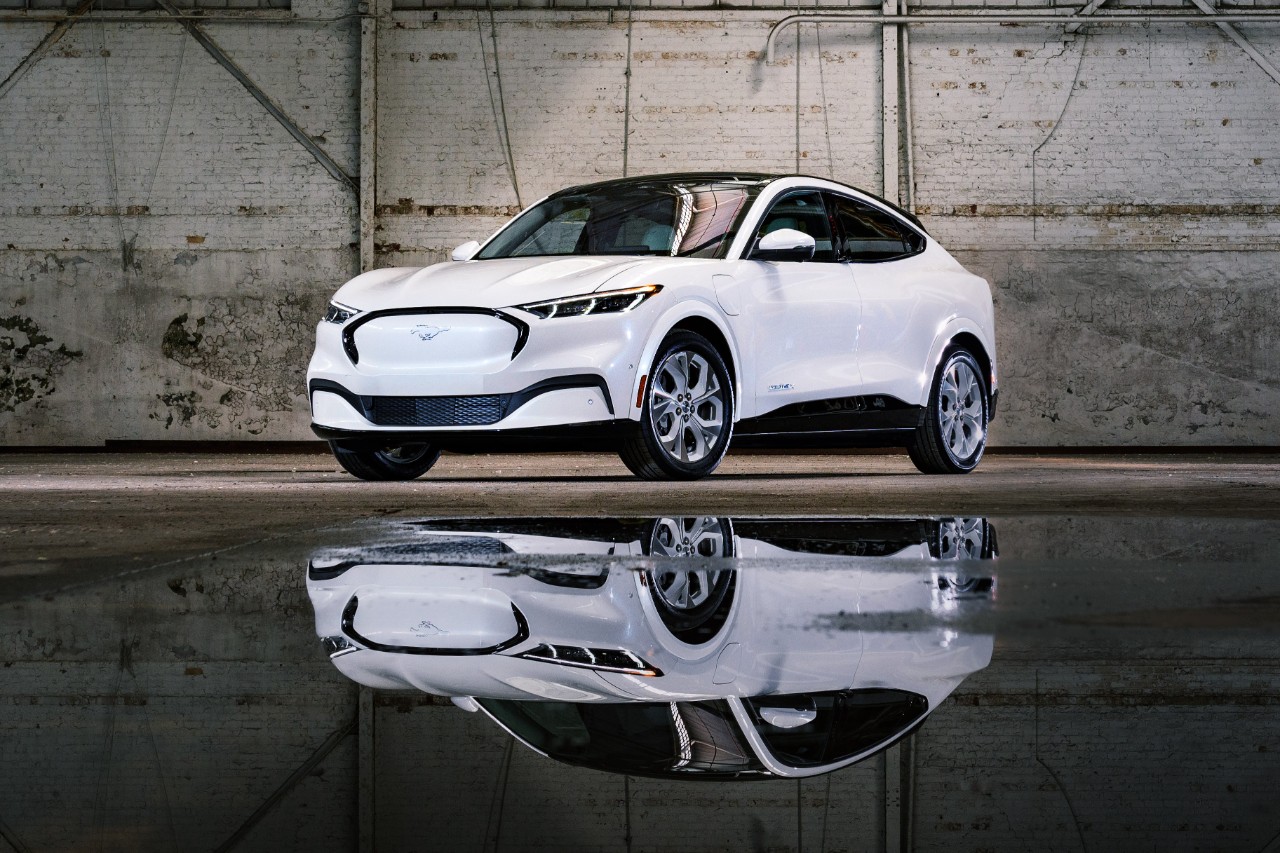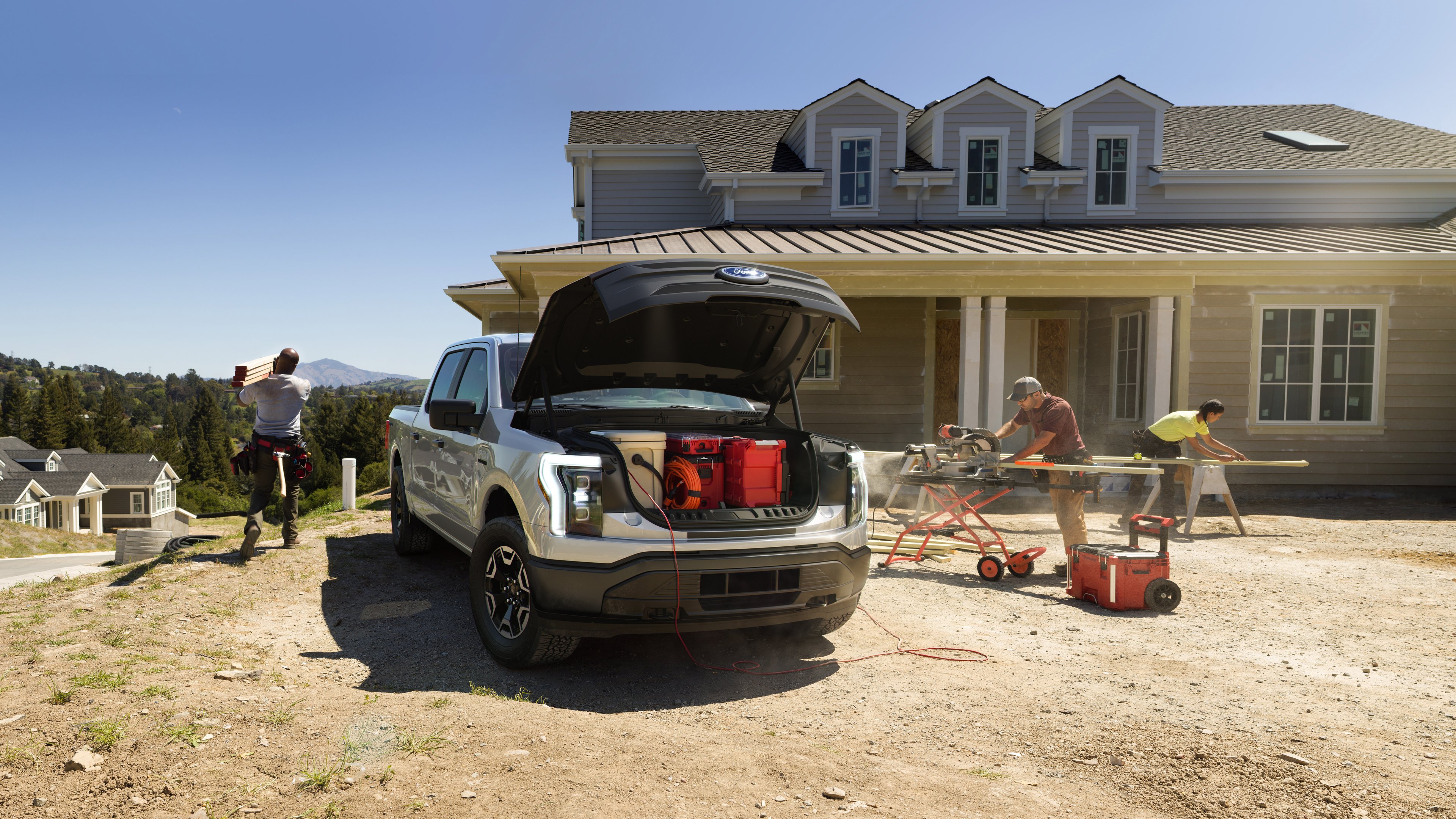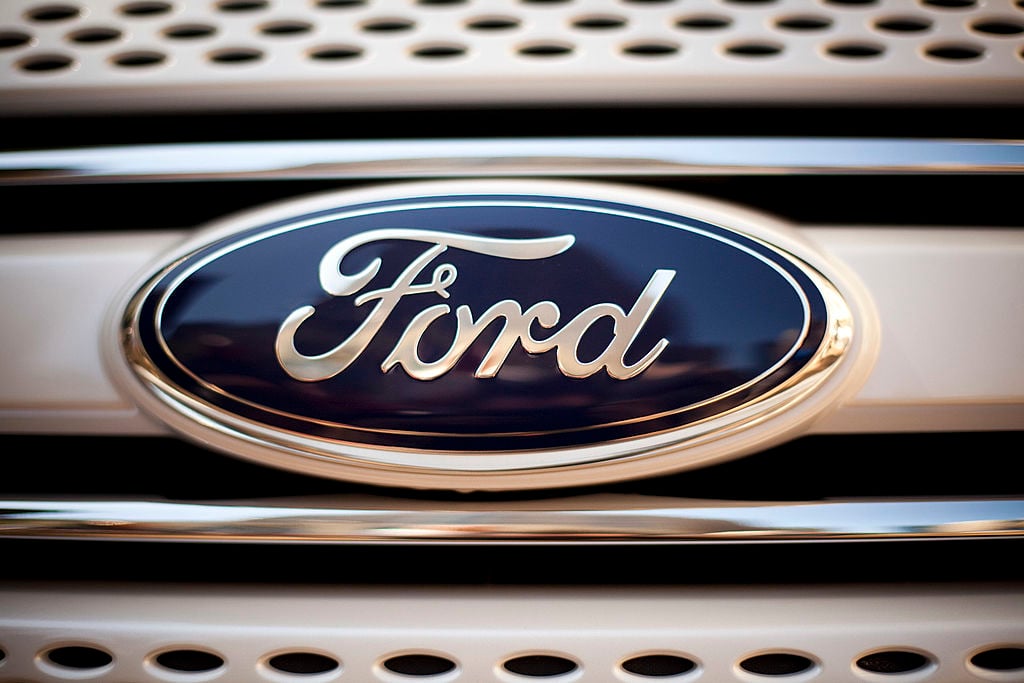Ford Motor Company (F 1.00%) and BlackBerry (BBRY 1.53%) have signed a new deal that will expand Ford's use of BlackBerry software in upcoming vehicles, the companies said in a statement on Monday.
Seriously? BlackBerry? What is Ford thinking?
If you follow the smartphone wars, this deal might sound ridiculous. Why would Ford tie up with a company that has been eclipsed by far more sophisticated rivals? Is Ford that desperate to add software expertise?
Hang on a minute. It's true that BlackBerry is no longer a significant player in phones. But Ford isn't interested in BlackBerry's phone technology. BlackBerry owns a subsidiary, called QNX, that makes an in-car operating system (QNX Neutrino) that has developed an enviable reputation for reliability. Another BlackBerry subsidiary, Certicom, makes advanced data security products. The deal is centered on those two subsidiaries.

BlackBerry's QNX subsidiary provides the operating software for Ford's well-regarded SYNC 3 system. Image source: Ford Motor Company.
Ford already uses QNX. It's the software backbone behind Ford's acclaimed Sync 3 touchscreen infotainment system. Sync 3 replaced the buggy MyFord Touch system and has been widely heralded as a huge improvement. QNX's stability is a big part of the reason why.
BMW, Audi, Toyota, Honda, and other big-name automakers also use QNX's operating system in their vehicles. According to BlackBerry, QNX's software has been installed in over 60 million vehicles to date.
What will happen under this new deal?
In a joint statement, the two companies said that BlackBerry will establish a dedicated team to work directly with Ford on expanding the Blue Oval's use of technology from QNX and Certicom. According to the statement, the products involved in the deal include
- The QNX Neutrino operating system;
- QNX's Hypervisor, which allows multiple operating systems to be run securely on a single hardware platform;
- QNX audio processing software;
- Certicom security technology (the statement didn't give specifics).
Broadly, it looks like Ford is interested in expanding its vehicles' connectivity capabilities (no surprise) while improving in-car data security (also not a surprise).
What the companies said about the deal
"With the success of our SYNC 3 system globally, which is based on the BlackBerry QNX operating system, we understand the importance of the connected car experience to our customers," Ford's product chief and chief technical officer, Raj Nair, said in the statement. "Growing our expertise, experience and use of the BlackBerry QNX embedded software platforms will help ensure we deliver the high-quality, highly secure experience that our customers expect."
"The future of the automobile is all about embedded intelligence. I believe our expertise in secure embedded software makes us the preferred technology provider to put the smart in the car," BlackBerry CEO John Chen said. "Ford is an industry leader and the opportunity to contribute our world-class technology to their products is a privilege. Ford's expanded application of our software and services illustrates the diverse and broad value we can bring to market."
Does this involve self-driving cars?
Ford has said that it plans to mass-produce a fully driverless car for ride-hailing and ridesharing services by 2021. It has committed billions to self-driving research and development, is aggressively expanding its operations in Silicon Valley, and is working hard to recruit and retain software-development talent.

A Ford Fusion fitted with prototype self-driving hardware undergoes testing. Image source: Ford Motor Company.
Earlier this year, QNX unveiled a new software platform for advanced driver-assist systems (ADAS) and full self-driving applications. But the companies didn't say whether ADAS and self-driving technologies are part of this deal.
What's the upshot for Ford investors?
It's another data point that shows that Ford is pushing hard to develop and roll out robust advanced technology, and that it's making progress.
The BlackBerry name might not impress Silicon Valley folks at this point, but a deepened relationship with QNX is a good thing for Ford that should help speed its deployment of more advanced connectivity features.







